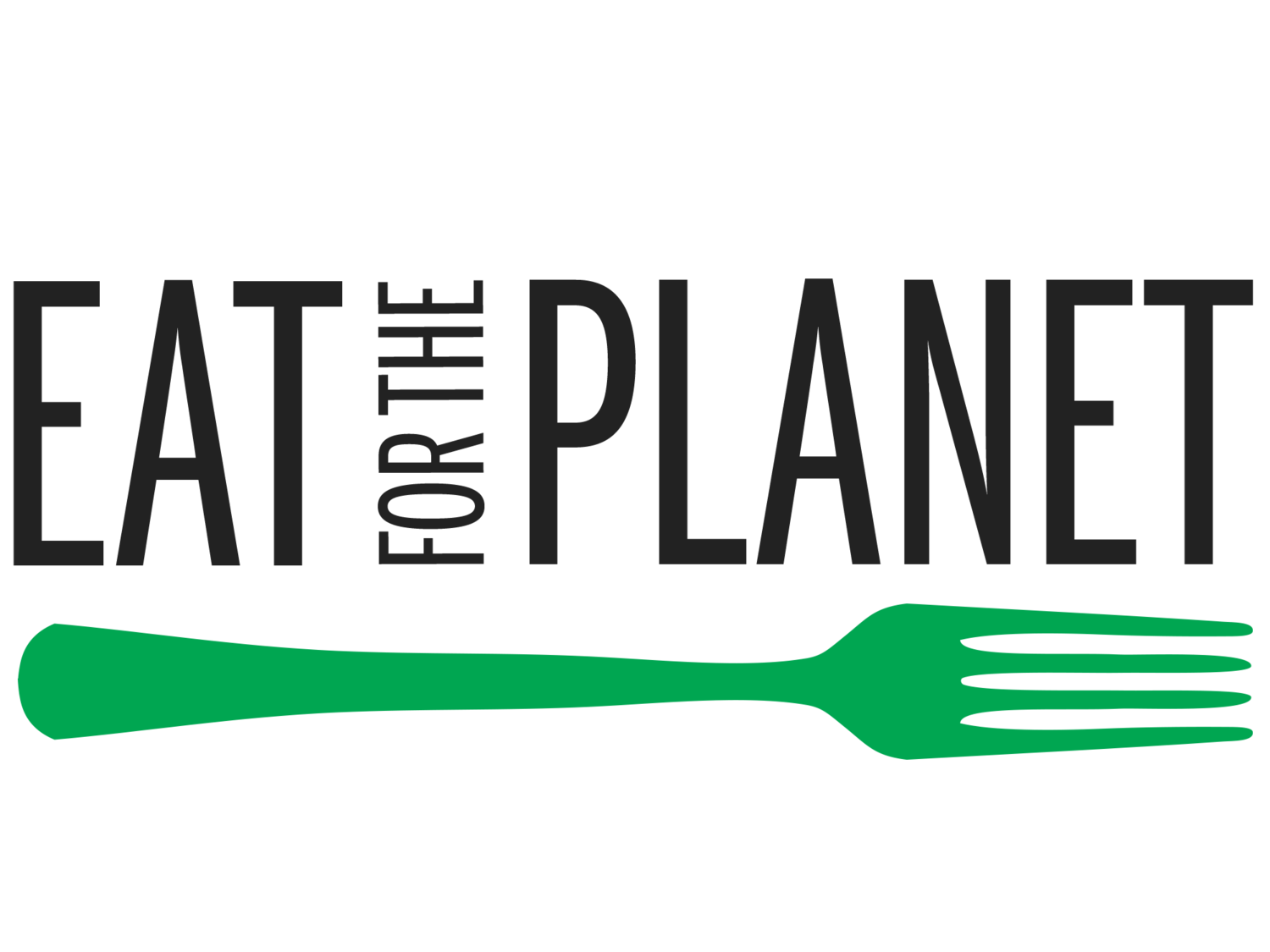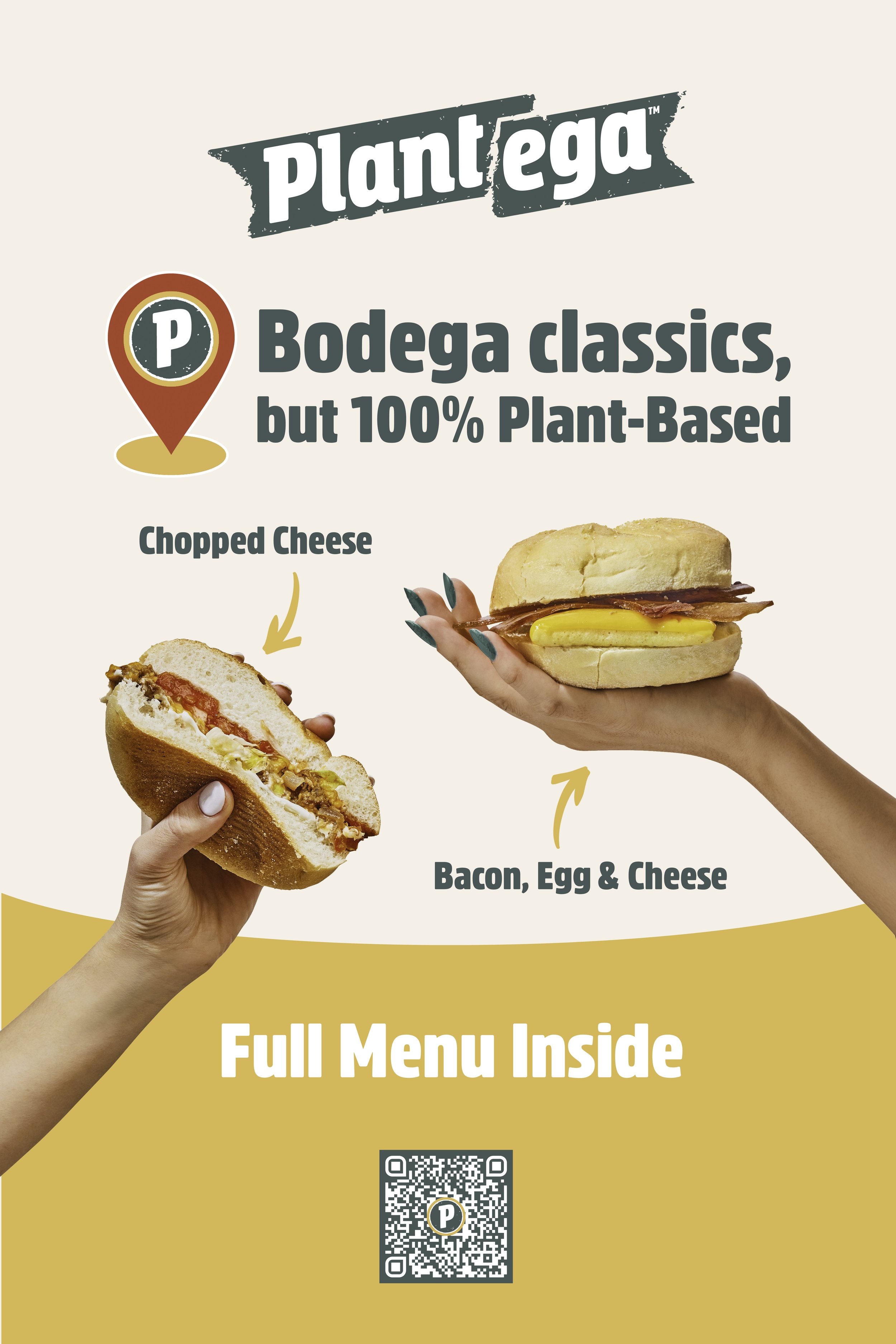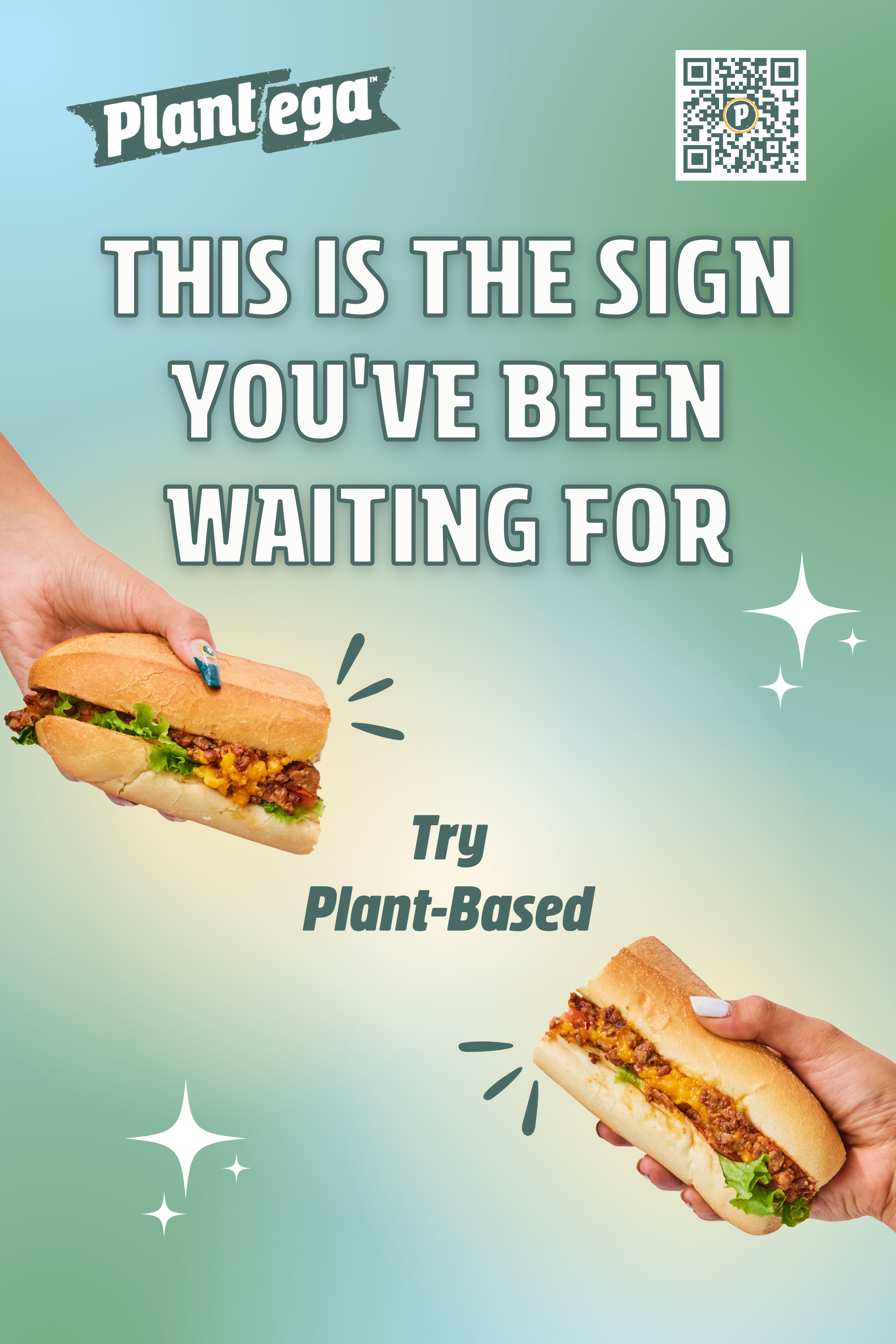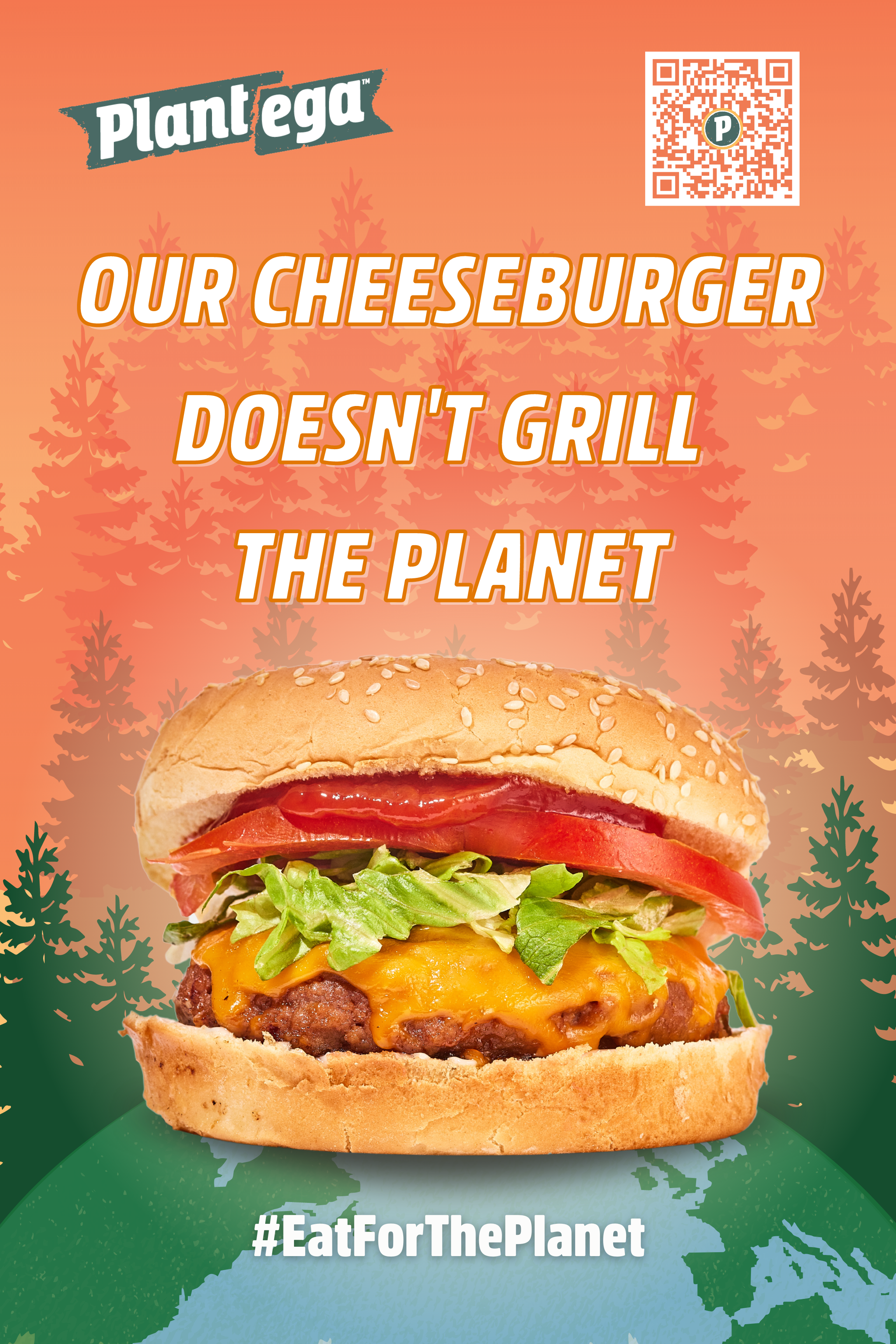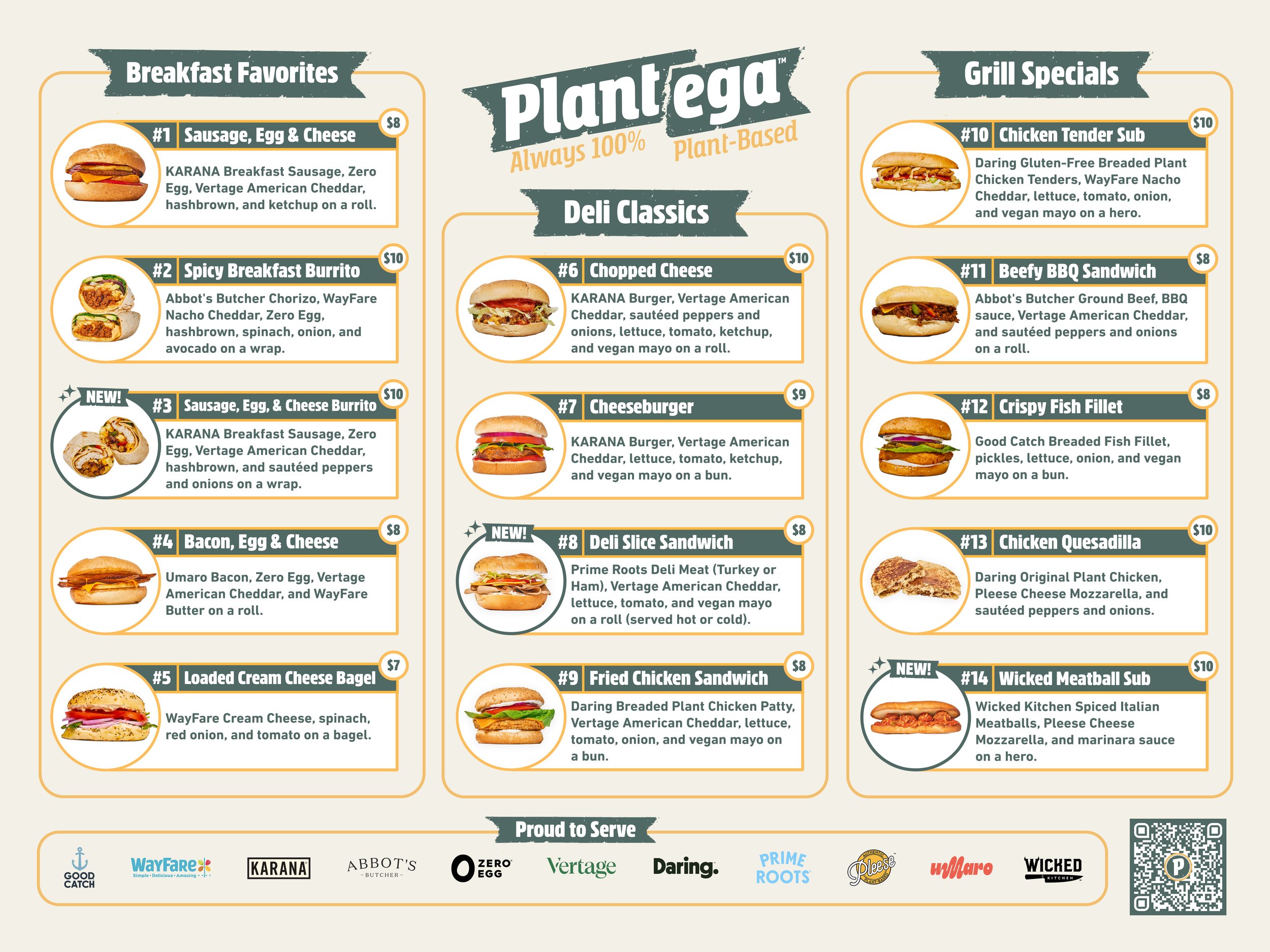Plantega: Nudge Theory and Plant-Based Food
This is a transcript of Episode #179 of the Eat For The Planet Podcast. Listen to the audio below.
Nudge Theory is this fascinating concept from behavioral economics that suggests we can guide people to make better decisions just by making small changes in their environment. It was outlined in a book published in 2008 titled "Nudge: Improving Decisions About Health, Wealth, and Happiness."
Basically, we all tend to use mental shortcuts when making choices, which can sometimes lead to not-so-great decisions. Nudge Theory says that by tweaking the environment a little bit, we can help people make choices that are better for them and everyone else, without restricting their available choices.
Nudges are usually small, low-cost ways to encourage better choices, and they're based on understanding how our brains work – like our aversion to losing things, our tendency to stick with what we know, and how we follow the crowd.
Here are some key ideas behind Nudge Theory:
Defaults: People often go with the flow, so if you set a good option as the default, they're more likely to choose it without feeling forced.
Salience: If you want someone to notice something, make it stand out and easy to understand. This can help guide their decisions.
Choice Architecture: How you present options can really influence what people choose. Designing choices thoughtfully can encourage better behaviors.
Social Norms: We all care about fitting in, so if you tell people what others are doing, they might follow suit and make better choices too.
Feedback: Letting people know how their actions affect things can help them see the bigger picture and make better decisions in the future.
Incentives: A little reward can go a long way in motivating people to make better choices. Just make sure the incentives align with the outcomes you want.
Simplification: Making choices easier to understand can help people make better decisions. Keep things simple and clear to create an effective nudge.
Nudge Theory has been used in all sorts of areas from public policy to healthcare.
So how can we apply these lessons to plant-based food? Firstly, let me reintroduce Plantega, a company I founded and currently run that is deeply influenced at its core by the nudge theory.
For those that don’t know already Plantega is on a mission to make plant-based food easier to access everywhere through a unique plant-based deli in store model. You can find our 100% plant-based menu featuring deli classics like Chopped Cheese, Bacon, Egg, and Cheese, and much more in bodegas across New York City. Our model has two distinct but interconnected features.
We offer a turnkey solution that empowers NYC’s bodegas/corner stores to prepare and sell 100% plant-based menus (in store and via food delivery apps).
We partner with leading plant-based brands to open new distribution opportunities and drive product trial on a consistent basis via field marketing activations
The end result is we empower local communities with access to healthier and more sustainable food options at a competitive price point at the place where they buy food.
I am incredibly proud of the fact that we are actively displacing animal product sales in the delis we operate out of. We have sold hundreds of thousands of plant-based sandwiches and our menu items make up over 20% of deli counter sales at our stores. And that number goes as high as 60% on weekends at some locations.
So how does the nudge theory manifest in the business model and brand of Plantega?
Let’s dive in: Firstly - our goal is simple - get more people to try plant-based food and do it with a model that empowers independent corner stores to make a leap into the future of food.
Here’s how we do it.
Strategic Store Locations: We partner with stores only if they have a well run food service deli business, a strong customer base and are a critical part of the community they serve. While we look for locations across a variety of neighborhoods, we intentionally select locations in high foot-traffic areas, preferably near public transportation, and a commercial hub or a densely populated section of a neighborhood. This increases the likelihood that consumers in that area come across Plantega in the context of their daily life and purchasing behavior.
Appealing Signage: Plantega’s menus and related in and out of store signage like posters and stickers are all designed to be visually attractive and draw attention to our brand and our menu items. This includes using high quality food photography, colorful designs, attractive and lively fonts, and engaging captions and visuals that are conveyed in a playful, uplifting, and approachable brand voice.
Choice Architecture through Menu Content and Placement: Our menu is carefully designed and divided into sections that are easy to understand. They are intended to stand out visually, but not appear out of place in bodegas. Moreover, they are placed alongside the regular deli menu in the bodega and seamlessly fits within the environment and context in which consumers purchase food. While our sandwiches are priced higher than their meat-based counterparts, they are priced lower than similar offerings available at 100% plant-based restaurants and fast food chains, making them very price competitive.
Simplification: Our in-store menus are intentionally designed to offer limited choices, and predominantly feature bodega classics that just happen to be 100% plant-based. This makes choosing something from our menu seem familiar, yet something entirely new. The whole goal with our menu is to catch the consumers attention when they walk up to the deli counter and offer attractive and easy to understand choices that can create an effective nudge.
Sampling and Tasting: We organize sampling events at various bodega locations where we offer free samples of our menu items. These sampling events are designed to build awareness around Plantega and specifically the plant-based brands that partner with us and also encourage customers to try plant-based options and help overcome any preconceived notions about taste or texture. These events are particularly powerful in engaging directly with consumers, and breaking down barriers for those who have not tried plant-based food before.
Social Proof: Our content on social media is designed to leverage social proof as a powerful nudge for driving behavior change. We don’t preach about the virtues of eating plant-based. Instead, we showcase uplifting stories of bodega staff, our team, and every day New Yorkers who are embracing plant-based food in a fun and positive way. Our brand voice is designed to entertain and delight the audience by sharing the joy of eating Plantega’s food, celebrating the culture and diversity of New York City, and inspiring and encouraging consumers to make better choices.
Incentives: A little reward can go a long way in motivating people to make better choices. Plantega thinks about incentives not only in terms of our end consumers who buy food from our menus across New York City, but also think about how we can incentivize every stakeholder that’s part of our ecosystem, from the brands that manufacture the products that go in our menu, to the distributor who works with us to supply the products, to the bodegas who are looking to maximize revenue and maintain and grow their customer base.
Our business model overall is powered by the law of reciprocity, with incentives baked in all relationships and interactions, creating a cycle of mutual benefit and support. How do we nudge bodegas who make their money selling meat? By helping them make more money selling plant-based food. How do we nudge distributors to expand their plant-based offerings? By making it easier for them to expand in the independent channel without having to do it themselves. How do we help emerging plant-based brands drive consumer trial and increase sales? By partnering with them and showcasing their products with our menu and marketing efforts.
By incorporating these nudge tactics into our business model and our marketing efforts, we have been able to launch in bodegas across the city and nudge thousands of consumers to choose plant-based options on a daily basis.
I hope you found this useful and encourages you to find ways to nudge consumers to make the right choice in your own unique way.
